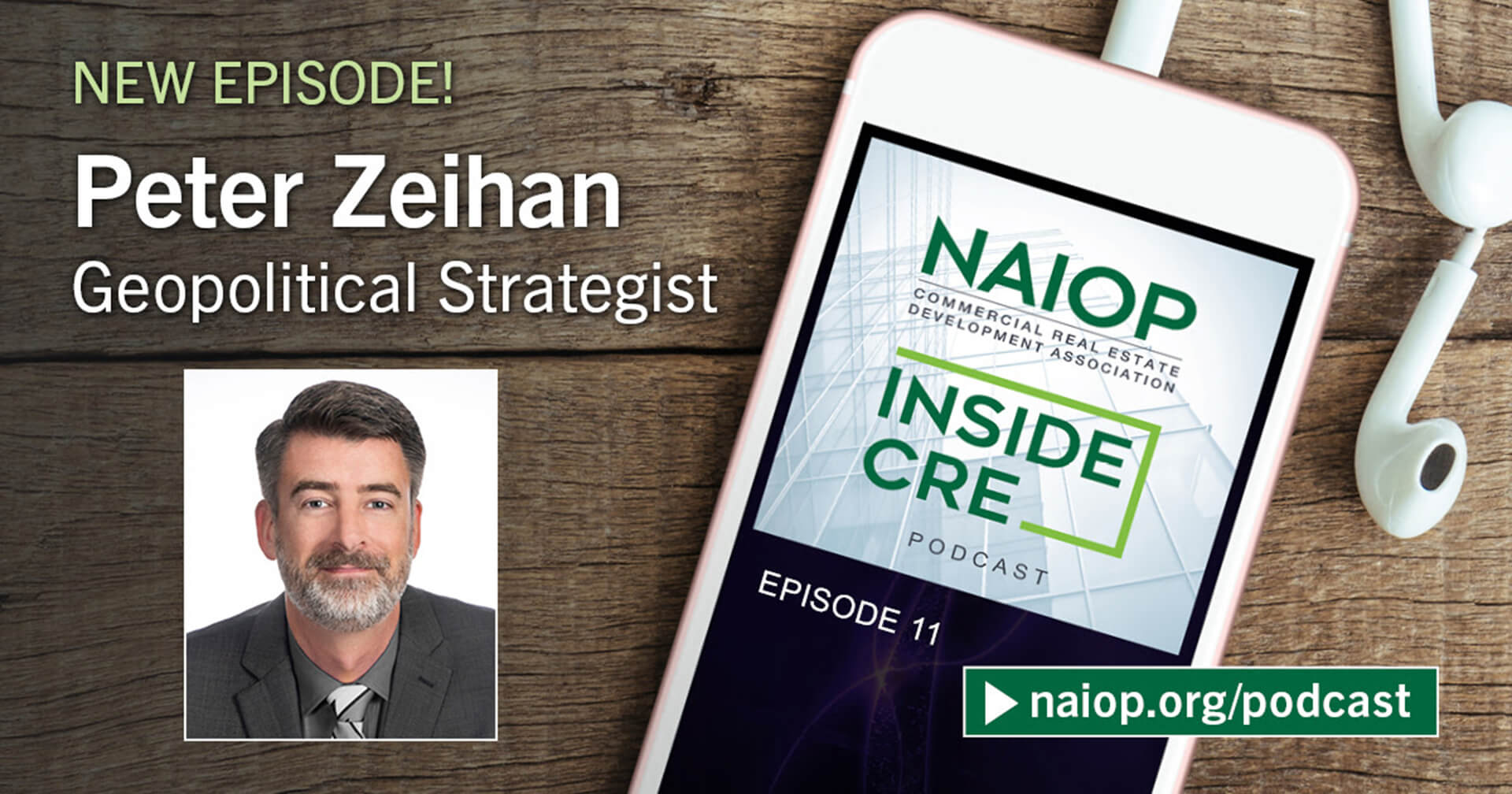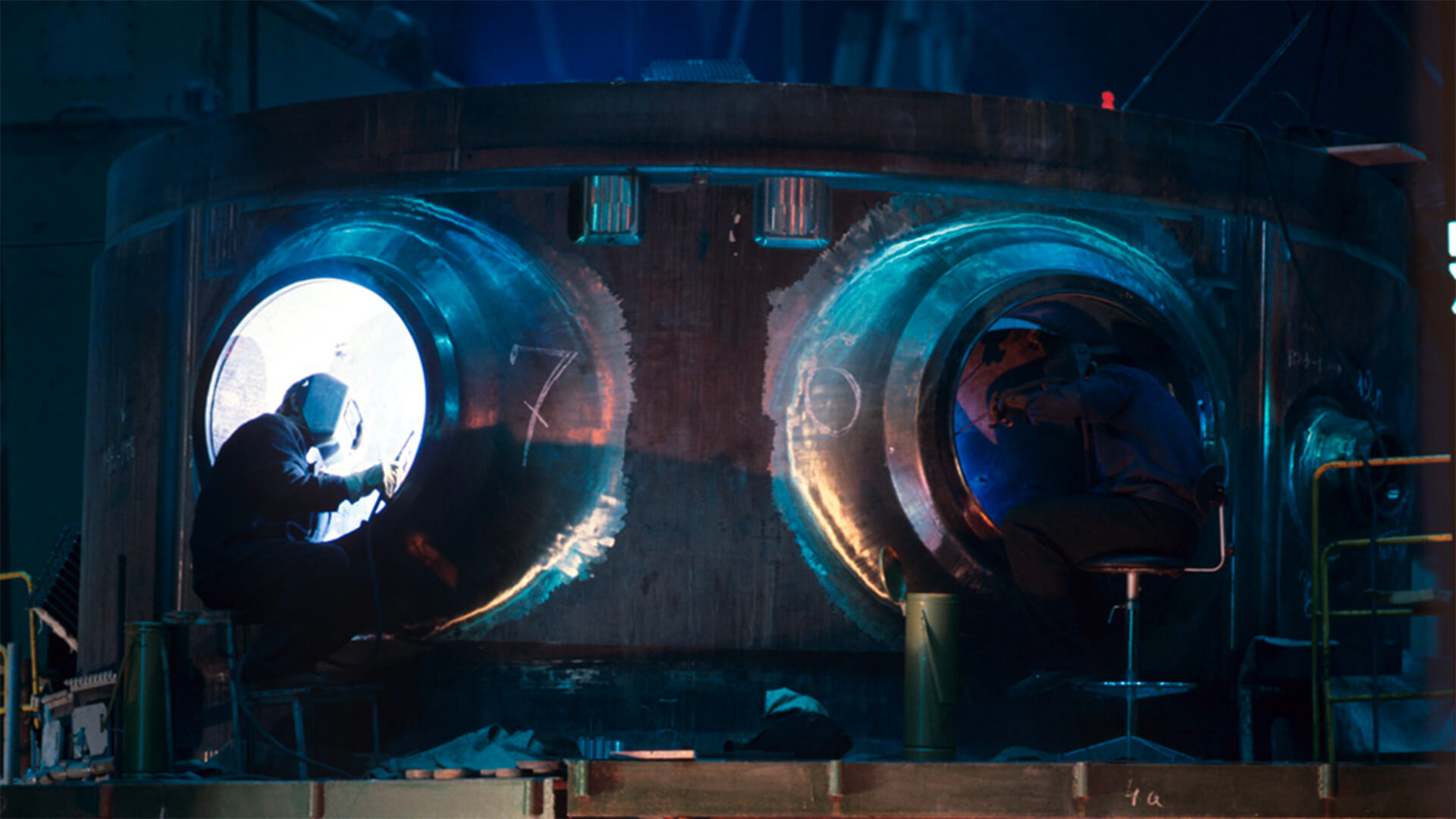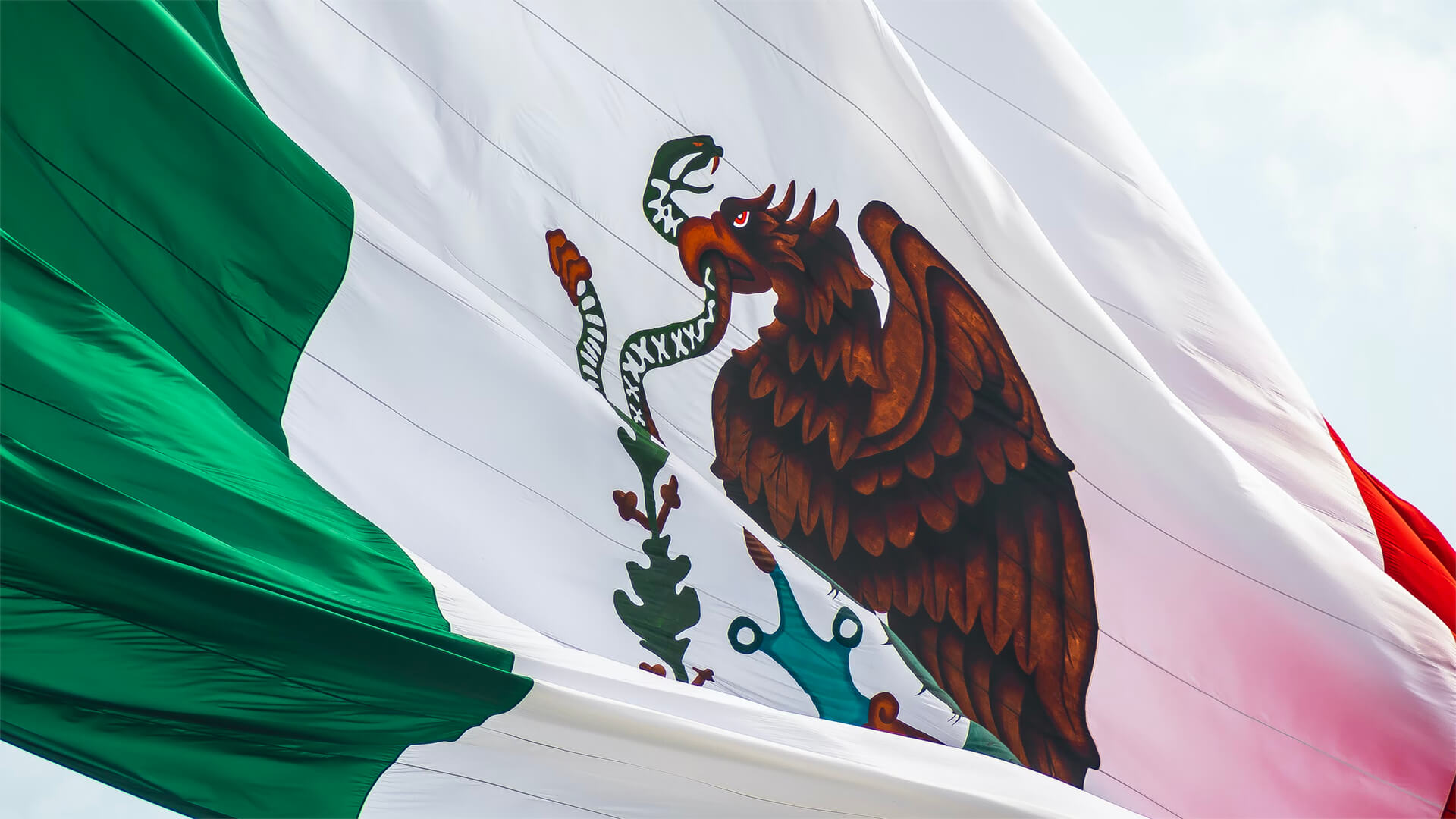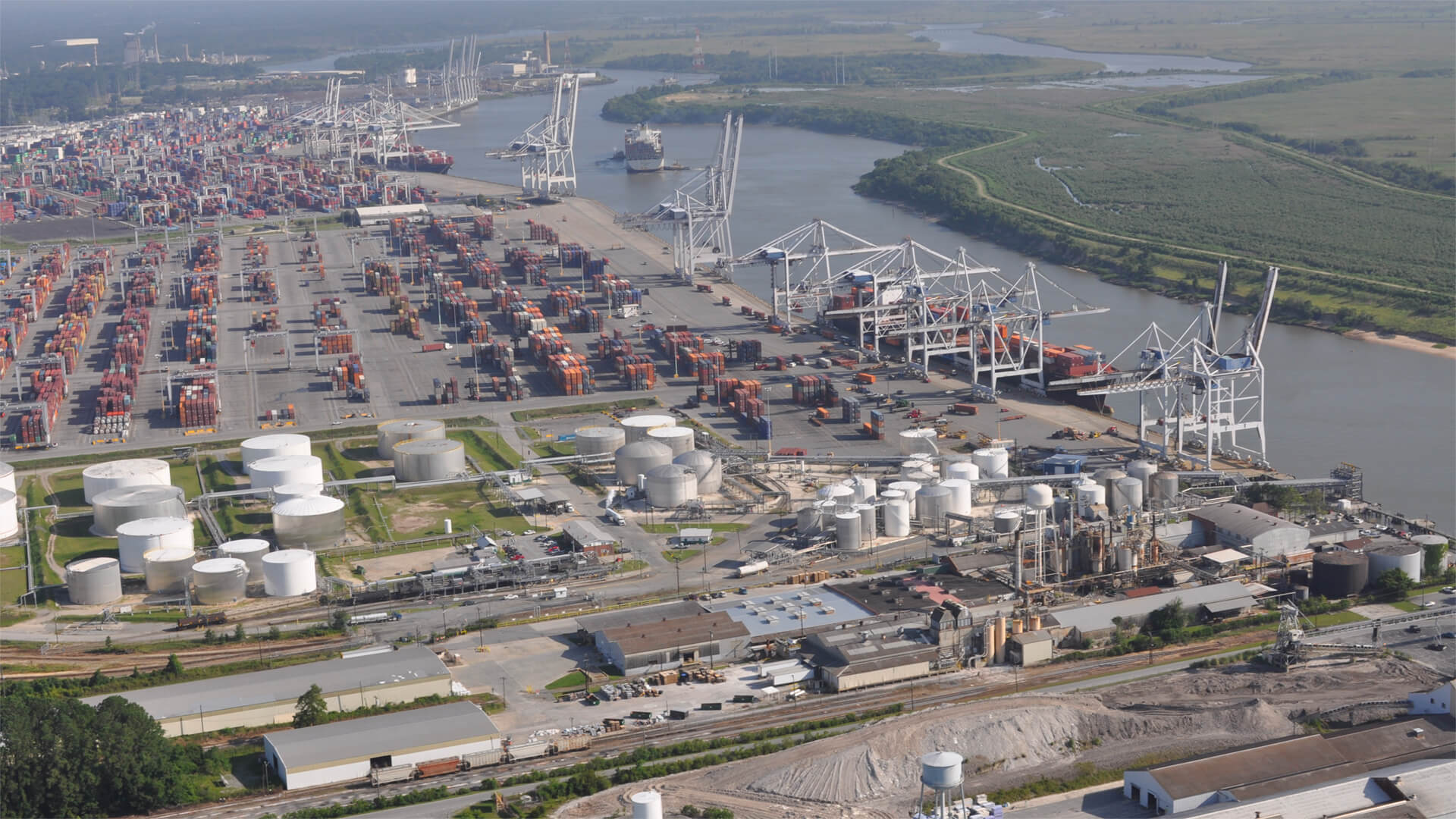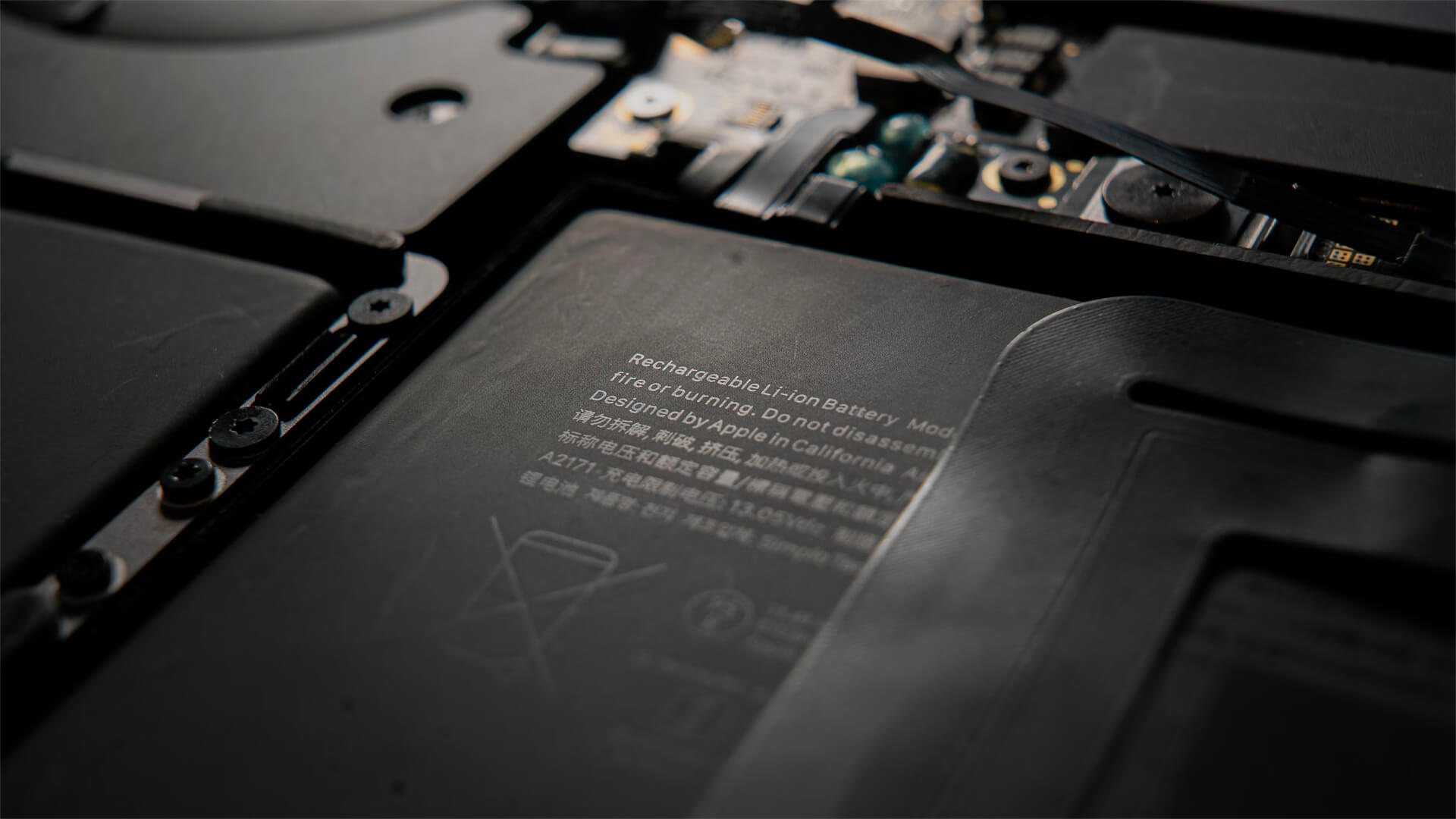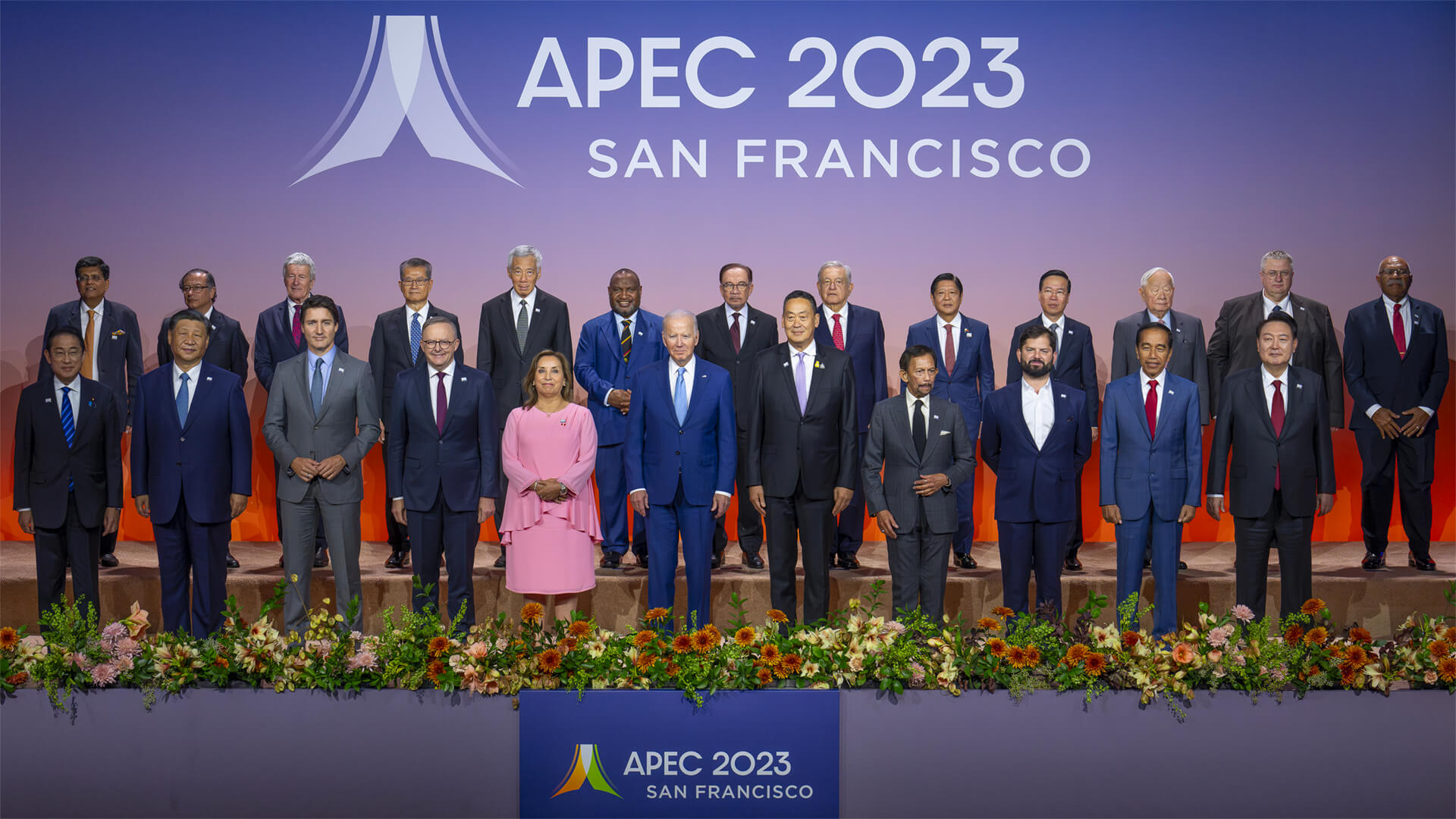Hey everybody. Peter Zeihan here comes to you from Colorado. Great news. Our sponsorship of Medicare has done very well and we’ve had a number of you call in with matching donations. So our original match was for $40,000 for the month of November. Dollar for dollar for whatever anyone sends in. So even if just a buck or two, it makes a big difference.
But we’ve now had sponsors come in for to increase of 40000 to 100000. And to give you an idea of specifically what this sort of donation is going to go for. In modern warfare, explosions are, you know, part of the process. So there have been a huge number of cranial and spinal injuries in Ukraine and people might be able to get away from the front and survive, but then they’re not going to be able to function unless they can get additional medical assistance.
And so other donors have provided Medicare with implants and spinal surgery kits that are worth $20 million on the open market that were just given to them for free. And the question is, how do we get this to Ukraine where it can do the good? And that’s where our campaign comes in. So, again, the first $100,000 is matched.
No donation is too small. Thank you for everyone who has buzzed in so far, over 2000 of you have already donated. Thank you. Thank you. Thank you. Thank you. It’s really humbling to be part of this process and I look forward to seeing what the final number is at the end of the month. But until then, back to our regularly scheduled program.
Hey everybody, Peter Zeihan here coming to you from Colorado. It is the 16th of November and yesterday in San Francisco at the Asia-Pacific Economic Cooperation summit, Chairman Xi Jinping and U.S. President Joe Biden finally had that long awaited summit. It’s the first time that a real leader has met with Xi in something like four years, and it was really our first read on how he personally is doing, whether he’s lost his mind to senility or he’s just so drowned in his own propaganda that he can’t function.
The result was, by many measures, fairly surprising. She was basically all friendly talking about how he didn’t want competition. You want to be a of the United States if you want to challenge the United States. I mean, it was basically peace, love and recycle. He sounded like a teenage camp counselor. Three theories that come from this which are going to shake out real quick into the fact, number one, he really has lost his mojo, in which case we’re going to see increasing breakdowns in decision making across the Chinese system as he basically goes bipolar, which could be entertaining but a little bit dangerous.
The other two scenarios had to do with the cult personnel that has formed. Has destroyed all challengers to the throne. There’s no local leaders or regional leaders that have stuff anymore. He’s gone through the bureaucracy in academia and business, and he’s purged the bureaucracy as well. So part of the problem the Chinese have been having of late is that no one will bring him new.
So he really is broadly unaware of what’s going on in his own country and across the world. And so when he is thrust into something like the APEC summit, things get a little weird. All of his staff apparently focused on the location of the table savings and the types of silverware and what flowers would be in the hotel.
And, you know, of course, I didn’t get to see any protesters, but it was all on the atmospherics and the design as opposed to the substance. There was very little prep on the Chinese side as far as we’ve been able to tell for what the actual topics of the day happened to be in. You know, there’s a few things going on right now.
So that kind of puts us into one of two categories. Number one. G Exposed to the world via San Francisco for the first time in years is like, Oh my God, what have I done? My country’s in demographic collapse. Our trade situation is dangerous. We are looking at national de dissolution over the next decade of stuff unless something just dramatically changes.
And every theoretical solution involves the United States in some way. We have to have their market. We have to have the security of our Navy grants, our maritime shipments. We have to have access to their finance markets, U.S., U.S., U.S., U.S. It has to be the U.S. And if he’s come to that realization, then a complete 180, from what we’ve seen over the last five years, makes a lot of sense.
The question is whether the cult came. They’ll push that down into the bureaucracy in the Chinese system when there are very few competent people left in that system. We will know the answer to that in a matter of weeks because the Chinese will stop being a bag of dicks like they have been for the last five years or things will change.
There’s it’s really pretty binary. The second issue is that it’s all lies, that this is all just part of Jesus internal play in order to wall the Americans in the false sense of security. Considering that the Biden administration has taken many more anti-China actions than the Trump administration has and has, unlike the Trump administration, codified them into law so they’ll outlast him.
That is a bit of a stretch to think that the Chinese could be that stupid. But considering the Chinese inability to function in most international forums of late and the destruction of the information transfer system within the Chinese system by Xi, it’s entirely possible that they are really that dumb and we will know the answer to that real soon too.
So one way or another, here we come.

